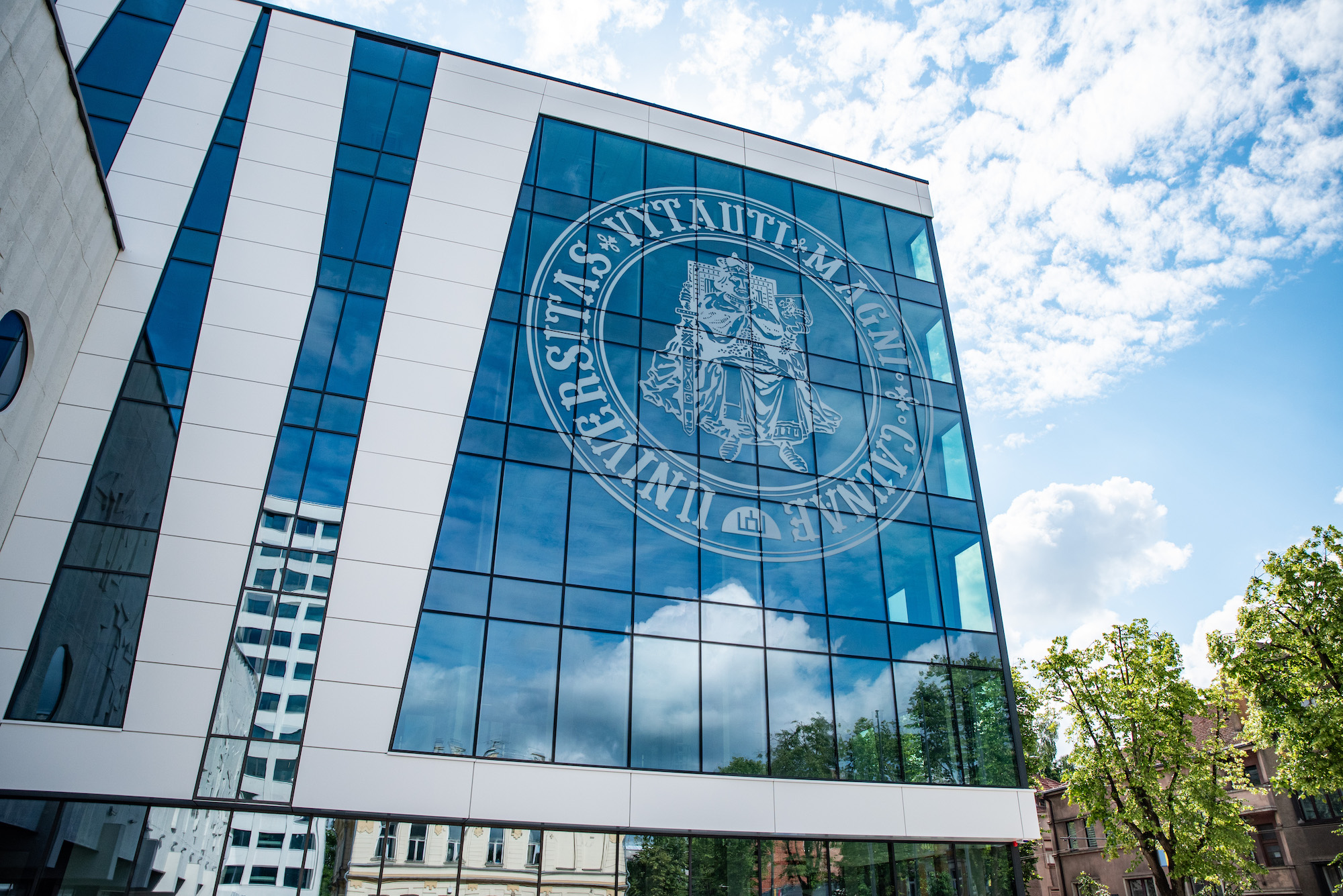Remarkable Leap: VMU Rises by 100 Positions in World Rankings

In the latest QS World University Rankings, Vytautas Magnus University (VMU) has significantly improved and maintained high scores, particularly in the field of internationalisation, where VMU remains the leader in Lithuania in terms of the ratio of international students and faculty. Moreover, regarding total points amongst the five ranked Lithuanian universities, VMU has moved up from fourth to second place.
Taking all indicators into account, VMU has climbed a hundred positions in the overall ranking – from 800–850 to 741–750. “We are very pleased with this evaluation of the university. Global competition among universities is increasing dramatically, and this year the QS ranking assessed significantly more institutions than last year – over five thousand compared to three thousand last year. Therefore, VMU’s rise in the rankings is a particularly significant achievement,” notes VMU Rector Prof. Juozas Augutis.
The best result was achieved in the category of international students ratio: in this category, VMU ranked 304th among all world universities, achieving its best result to date and remaining unrivalled in Lithuania. Last year, VMU was ranked 341st in this category.
VMU made the biggest leap in the rankings in terms of international faculty ratio, ranking 520th worldwide and moving up 146 positions (last year the university was ranked 666th). VMU is also the leader among other Lithuanian universities in terms of international faculty ratio.
As last year, VMU has significantly raised its faculty-student ratio, moving to the 371st position globally from 410th last year.
VMU’s growing international recognition is also confirmed by an invitation to participate in the QS Higher Education Summit: Europe 2024, which will take place on 11-12 July in Barcelona, Spain. There, VMU Vice-Rector for Communication, Assoc. Prof. Vilma Bijeikienė, will present the successful and unique VMU study model based on the principles of artes liberales (liberal arts).
***
The QS World University Rankings is considered one of the most authoritative rankings of higher education institutions. It stands out from other ranking systems in that it tries to show the university as a whole – it focuses not only on academic performance and output, but also on the scale of the culture, innovations, openness, and accessibility of the university, as well as the assessment of the student’s relationship with the teaching staff. When assessing higher education institutions in the world, the ratio of international staff and international students is also an important criterion in this ranking: this allows universities to be open to international experts and assessments.
It is not enough for a higher education institution to provide data about itself to be included in the QS World University Rankings database. A university is included in the ranking only when it is positively rated by a certain percentage of the academic and employer community. The survey of employers and academics is conducted by QS World University Rankings themselves.












